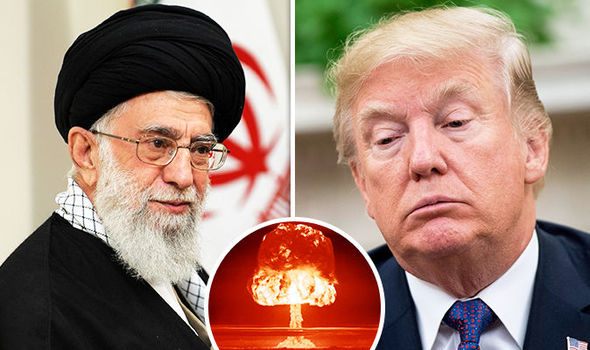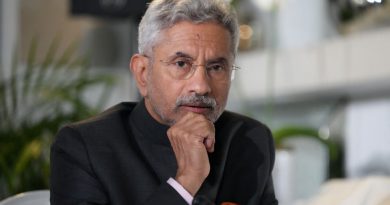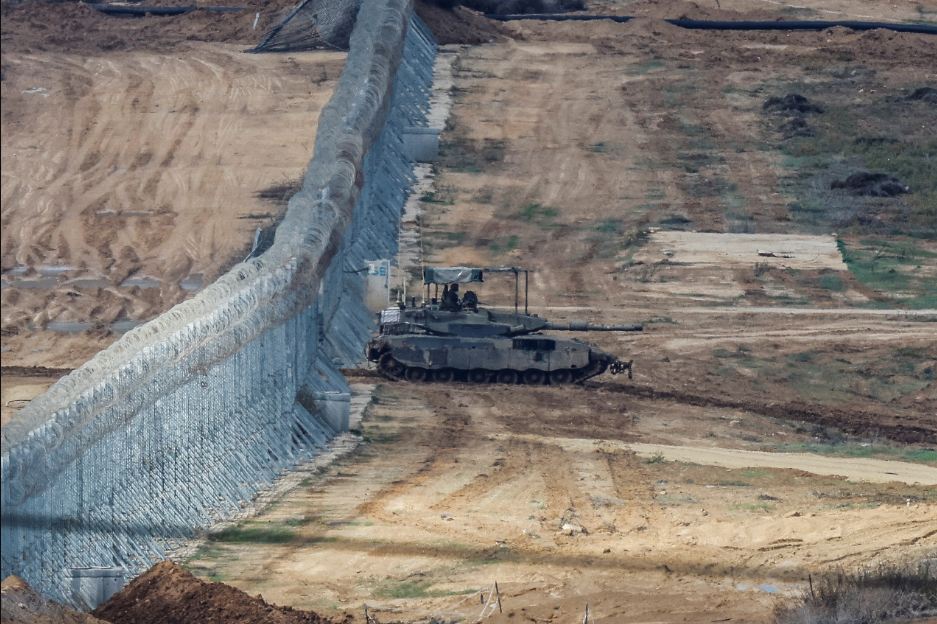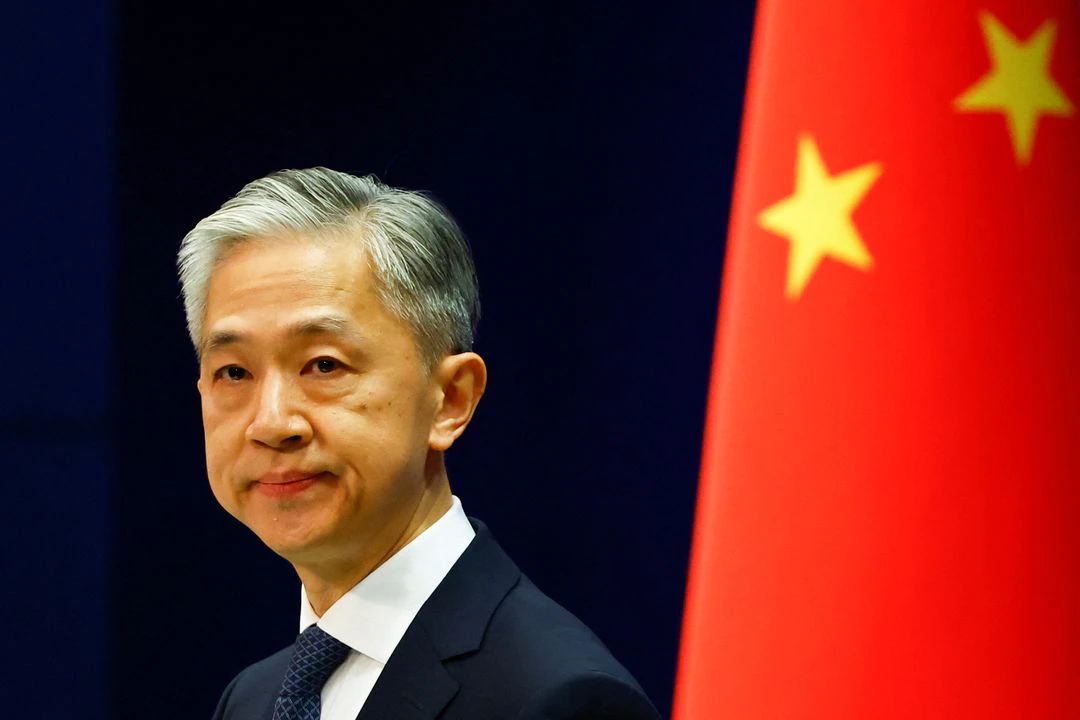ANALYSIS: Ceasefire or Illusion? The Three Pillars Peace Needs
To achieve lasting cessation of hostilities, three core issues must be resolved – and resolved fully, not cosmetically.
Some of my friends keep asking me: “What’s going to happen this July and August?” And I tell them: guys, who do you think I am? A psychic? You think I’ve got a crystal ball stashed in my office?
No. I’m just a simple business owner based in the GCC. I don’t claim supernatural insight. But I do try to form slightly more informed opinions than the average person, mostly because I’ve been observing this region’s conflicts since I was nine years old. At this point, it’s practically an occupational hazard.
So here’s the breakdown:
The fundamentals for a permanent ceasefire in the region simply do not exist yet. And no, this isn’t just about Iran and Israel. This is about Hezbollah, the Houthis, Hamas, the Iraqi militias, and the enormous American military buildup underway. You cannot solve the symptoms while the disease is metastasizing.
To achieve lasting cessation of hostilities, three core issues must be resolved – and resolved fully, not cosmetically.
1. Nuclear Enrichment Must Stop – On Iranian Soil
Even after suspected Israeli strikes crippled parts of Iran’s nuclear infrastructure, Tehran still retains: the knowledge, the will, and likely the determination to restart enrichment. That’s not speculation; that’s their posture.
Unless there’s a complete, verifiable, internationally inspected cessation of enrichment on Iranian soil, there’s no foundation for trust. No amount of diplomacy can paper over that risk.
2. Ballistic Missiles Must Be Dismantled
We’re not talking about short-range battlefield rockets.
We’re talking: MRBMs (Medium-Range Ballistic Missiles), IRBMs (Intermediate-Range), ICBMs (Intercontinental Ballistic Missiles)
These aren’t for defence – they’re for deterrence and leverage. And the regime is fiercely protective of them. But if these remain, no ceasefire will ever be permanent. Full dismantlement isn’t optional; it’s mandatory.
3. The Proxy Network Must Be Demobilized
This is the elephant in the room: Iran’s proxy ecosystem – roughly 700,000 fighters across 90+ militias.
The core pillars: Hezbollah in Lebanon, the Houthis in Yemen, the Popular Mobilization Forces and others in Iraq.
These groups are not just “regional influencers.” They are armed non-state actors that destabilize multiple sovereign countries. And Iran’s biggest mistake in recent years? Using the Houthis to interfere with global trade and Red Sea shipping.
That crossed a red line.
Local or regional disruption is one thing. Interfering with global supply chains triggered the wrath of far more powerful actors.
Right now, Iran’s posture on these three issues is clear: The nuclear issue? They’re playing games. The missile program? They’re playing hardball. The proxy militias? They’re playing deaf.
But time is running out.
According to sources, the deadline being floated to Tehran is July 15 – by which time they must commit, in principle and in writing, to addressing all three issues within 90 days of structured talks.
What happens if they don’t? Hostilities will resume. Sanctions will increase. Isolation will deepen.
And this time, the regime’s internal fractures may not survive the pressure.
So where are we now? We are in a pause, not peace. The upcoming Oslo backchannel talks may set the tone. EU/GCC might act as the broker. But resolve must replace deflection.
Until then, forgive me for being a bit jaded. After all these years, every time there’s a “breakthrough,” I find myself thinking: “Ah yes, another war. Meh. Seen this movie before.”
Let’s see if this one has a different ending.
Disclaimer: Views expressed by writers in this section are their own and do not reflect Milli Chronicle’s point-of-view.



